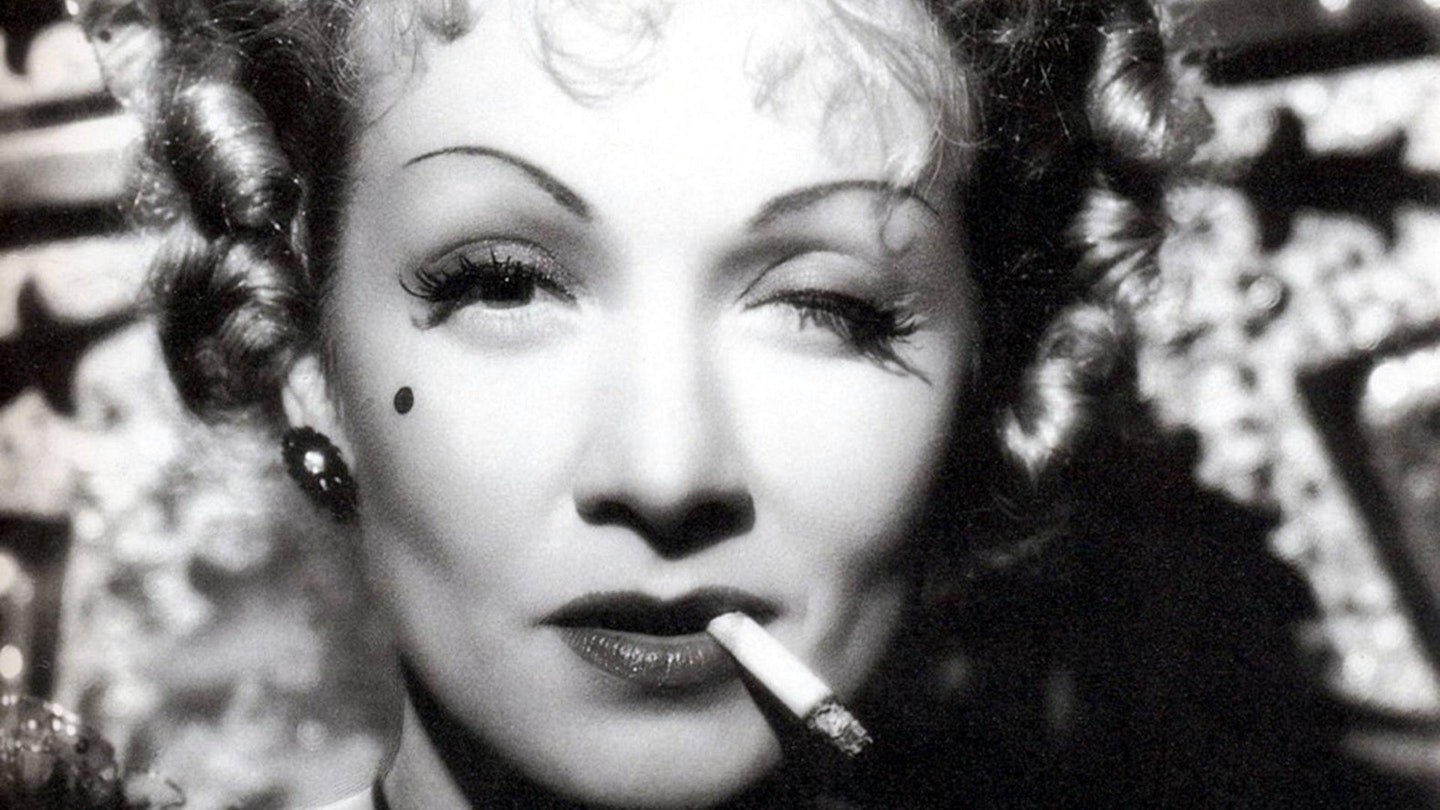Mr Smith Goes to Washington transformed James Stewart into a symbol of American decency. Around the time of its release, he issued a statement proclaiming that `a James Stewart picture must have two vital ingredients: it will be clean and it will involve the triumph of the underdog over the bully'.
Based on the novel by Max Brand, Destry Rides Again ticked both boxes. Yet it also quietly subverted Stewart's stance, as his iconographic integrity was being exploited to relaunch the career of Marlene Dietrich, who had been branded `box-office poison' following the failure of Angel in 1937. Indeed, she was only Universal's second choice for the assignment and returned from Europe following the collapse of Julien Duvivier's The Image to replace Paulette Goddard. But Dietrich would have further scuffed Stewart's escutcheon if she had succeeded in her quest to seduce him, which lasted for much of the production.
Director George Marshall reckoned that Westerns had more elements of audience appeal than any other type of movie. But, just to be on the safe side, he stuffed this rattling yarn with plenty of slapstick, wisecracks, songs and melodrama. He even got Dietrich to indulge in a cat fight with Una Merkel that ended with Stewart dousing them both with water.
Yet, this was about as macho as Destry got during the opening sequences, as Marshall went out of his way to label him a sissy. He descended the stagecoach carrying a parasol and a canary cage, while he preferred milk or tea to hard liquor. Yet, even though Frenchy hands him a mop and bucket when he announces that he's going to clean up the town, Destry eventually proves that ingenuity can be just as lethal as gunfire (although he's finally reduced to drawing in anger). All of which was a far cry from the darker kind of cowboy that Stewart would play in Anthony Mann's psychological Westerns of the 1950s.
